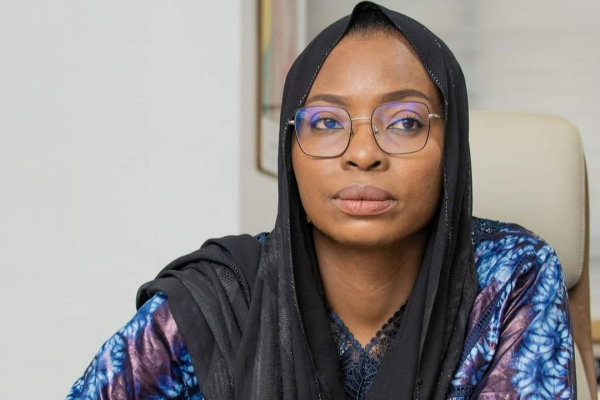Since it arrived in Guinea in 2006, Huawei has contributed to the implementation of various digital projects. In the years to come, the government would like to benefit from its expertise once again.
The Republic of Guinea is turning to Huawei for assistance with several digital initiatives. On April 5, Rose Pola Pricemou (photo), the Minister of Posts, Telecommunications, and the Digital Economy, met with a delegation from Huawei in Guinea to discuss potential collaborations aimed at bolstering the nation’s digital infrastructure and fostering technological advancement.
The projects under discussion include training for those involved in computer systems modernization services (SMSI), strengthening the backbone, implementing the Guinea Safe City program, expanding Internet coverage to underserved rural areas, and organizing ICT Girls’ Day on April 25.
These initiatives, for which Guinea is seeking Huawei’s support, form a crucial part of the National Digitisation Strategy’s implementation, which aims to modernize the country’s administration and key sectors. Huawei has been a long-standing partner in this process, having been operational in the country since 2006. The company has spearheaded numerous projects, including the construction of 4,000 km of fiber optic cable, thereby contributing to the development of Guinea’s communications infrastructure.
With recent financial backing of $60 million from the World Bank, the Guinean government is hoping to ramp up its efforts in collaboration with Huawei. The government’s primary digital projects currently include the construction of a digital village, extension of the national fiber optic network, connection to new international fiber optic submarine cables, launch of the public telecommunications company Guinée Télécom, digitization of the administration and various public services, and provision of Internet connectivity to 300 schools and some universities.
Samira Njoya



















